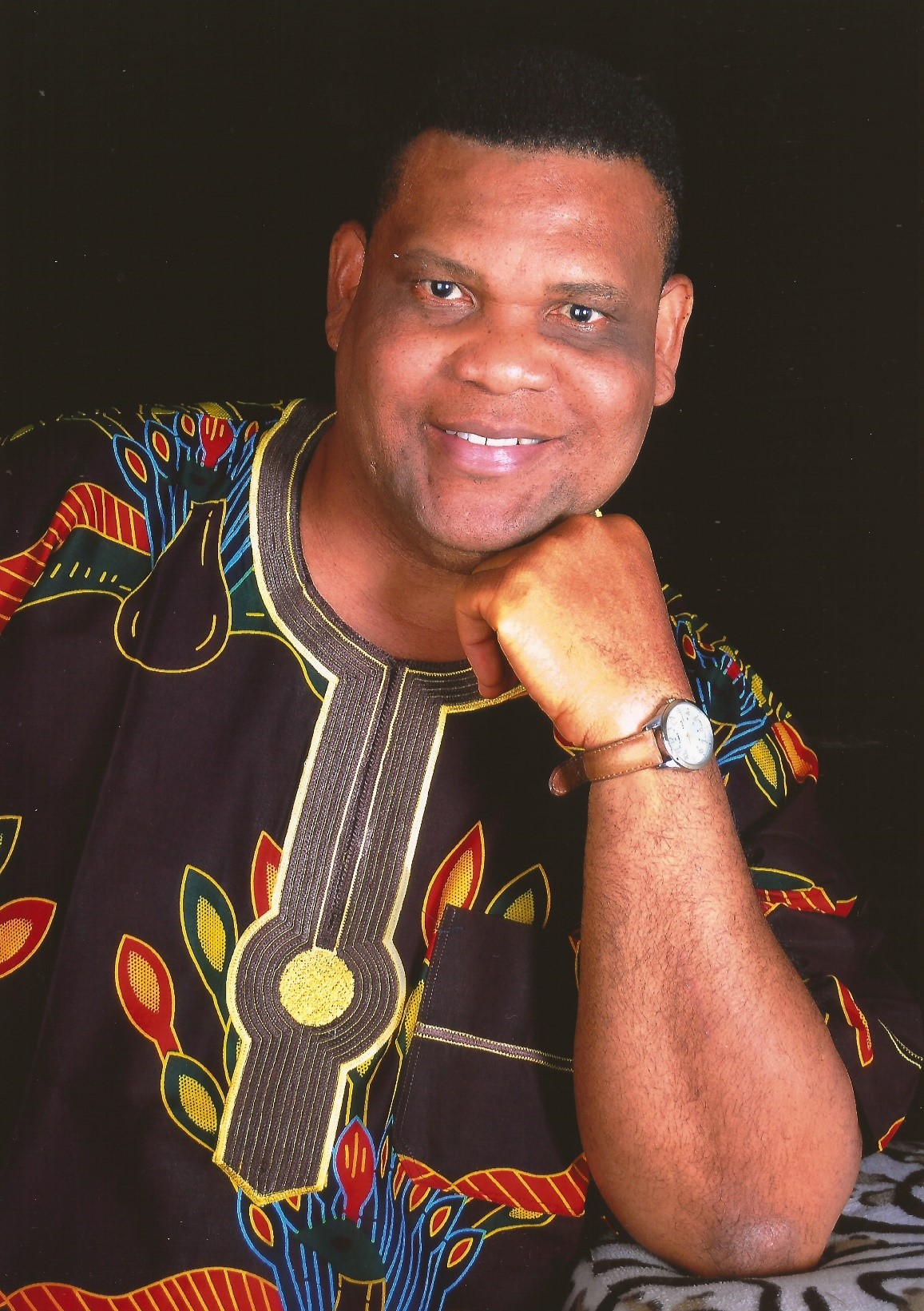To celebrate #BlackHistoryMonth, our students will be learning and playing music by some prominent black composers as well as discussing their achievements. We're pleased to highlight those composers on our website and social media, and next up is Godwin Sadoh - Pianist and Composer.
“I hear the tune in my spirit, then I write it down on manuscript paper.”

Godwin Sadoh is a composer, instrumentalist, choral conductor, and scholar who was born in 1965 in Nigeria. When he was young, Dr. Sadoh listened to mostly classical music. He began composing hymns, chants, songs, and choir pieces with piano accompaniment shortly after graduating from high school. “In those days,” he says, “my compositions relied primarily on inspiration. I hear the tune in my spirit, then I write it down on manuscript paper.”
During his music studies in university, Dr. Sadoh became more interested in popular and traditional music. He soon moved to the United States to continue his studies, where he became the first African to earn a doctoral degree in organ performance anywhere in the world, and the first Nigerian to earn a Doctoral degree in music performance. His specialty is organ music, and he is considered a leading expert on classical music in Nigeria.
His personal YouTube channel is one of the best places to find great Nigerian classical compositions, as well as choral and organ music of all types: https://www.youtube.com/user/gsadoh007/
For more about Dr. Sadoh and his music, check out his webpage: https://www.reverbnation.com/godwinsadoh
Sadoh’s Music:
Iya Ni Wura Iyebiye is a folk song about the mothers and children of the Yoruba culture in Nigeria. The words remind children to love and respect their mothers, who brought them into this world.
‘Mother is a priceless jewel that cannot be bought with money.
She carried me in her womb for nine months
She carried me on her back for three months
Mother is a priceless jewel that cannot be bought with money.’
Egba Musical Totem, for String Quartet
This piece is based on a popular Yoruba song, "Lori oke ati petele. . . Mayo, mayo, mayo o, l'ori Olumo" (On the hill and on the plain. . . Rejoice, Rejoice, Rejoice on Olumo Rock). The song belongs to the Egba people from Abeokuta in Ogun State of southwest Nigeria. There are dramatic and playful sections with abrupt silences and dialogue between the voices. Egba Musical Totem was awarded the “Special Prize” at the Malta International Composition Competition in 2019.
Finale from Organ Symphony by Godwin Sadoh
Godwin Sadoh first saw a pipe organ at a church in Lagos. He calls it “the king of all western instruments and a one-man orchestra”. This movement is colored with chromatic passages, ostinato, call-and-response, African bell patterns, hand clapping rhythms, and other African traditional music tone flavors. The piece closes with all the resources of the organ and a short cadenza in the pedal. This performance was the world premiere by the composer himself in Alabama.
Godwin Sadoh in his own words:
‘I developed interest in playing musical instruments when I joined the choir at Saint Paul's Anglican Church, Idi-Oro, Lagos, and my high school choir. I was exposed to piano at school, while I was introduced to piano and organ at Saint Paul's Church and Cathedral Church of Christ, Lagos, where I saw the magnificent pipe organ for the first time in my life. It was an awesome experience to behold the size of the organ.’
‘I started learning music at high school and church. I did most of the readings of theory of music and piano playing by myself; I will then go and ask questions from those who were more advanced than me’
‘I enjoyed listening mainly to Western classical music during my youthful days, but developed interest for traditional and popular music when I went to the university to study music in Nigeria and the United States.’
‘My favorite composer is the most famous Nigerian composer, Fela Sowande (1905-1987), because he was an organist and a composer. I learned a lot about organ composition from his organ works’
‘At the end of each service on Sundays, I always ran as quickly as I could after the recession of the choir from the church, back to seat as close as possible to observe the organist play the postlude. It was heavenly for me. I would watch the feet of the organist as they move on the pedals and saw the pulling out of the stops and change of sound. I wanted to play the massive instrument so badly and accompany the congregation in singing.’